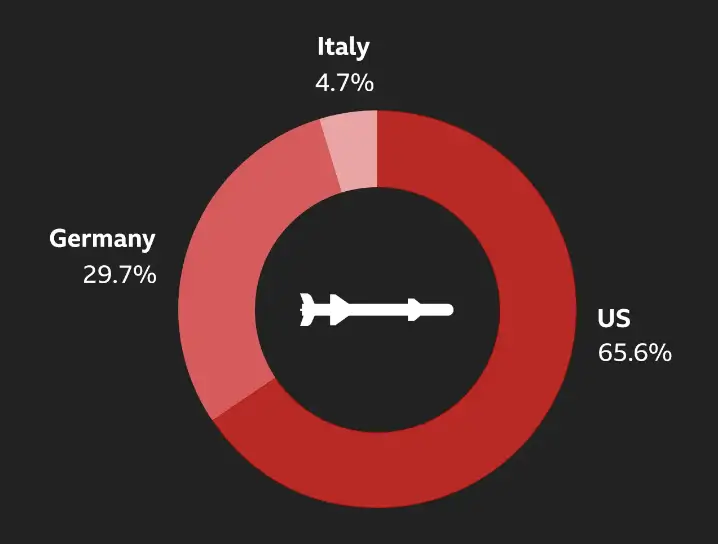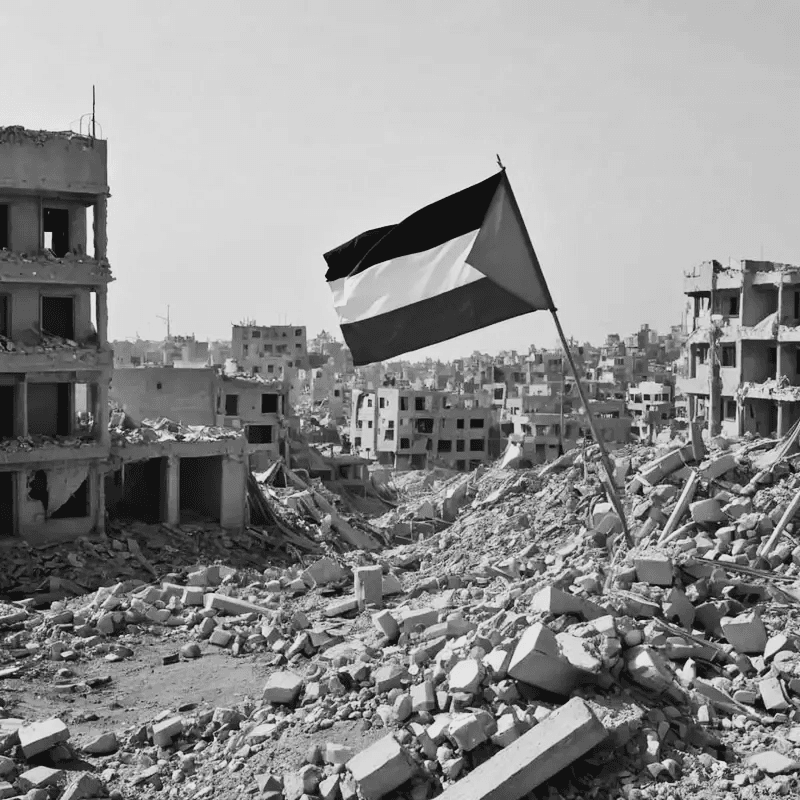For decades, Western governments have played a central role in shaping the trajectory of the Israeli-Palestinian conflict. From supplying arms to vetoing ceasefires, their policies have not only empowered Israel militarily but also offered diplomatic impunity as Gaza and the West Bank endured cycles of violence. Now, in a striking reversal, several of these same governments are recognizing Palestine long after catastrophic damage has already been done. This sudden policy shift has sparked critical questions: Is this a genuine moral awakening, or a calculated political maneuver to save face on the world stage?

Between October 2023 and mid-2025, the United States and its European allies continued to funnel military support into Israel. The U.S. alone authorized 173 arms flights during the Gaza war. Germany approved €326 million worth of arms exports after October 7, while the UK has maintained over £495 million in arms deals with Israel over the last decade.

This extensive military support occurred alongside repeated vetoes of ceasefire resolutions at the United Nations Security Council. On October 18 and December 8, 2023, the United States blocked ceasefire proposals even as Palestinian casualties soared. As Gaza’s humanitarian situation collapsed, the U.S. stood alone on February 20, 2024, as the only vote against guaranteed aid access. On March 22, France and the UK abstained effectively enabling yet another U.S. veto.

Despite their rhetorical condemnations of the war, Western countries continued trading with Israel with little to no disruption. Italy exported $3.5 billion in goods, Ireland imported $3.6 billion in tech products, and Germany maintained a €7.4 billion bilateral trade relationship as recently as 2023. No sanctions were imposed. No banking restrictions were applied.
The Belated Recognition of Palestine
In 2025, France, the UK, Belgium, Malta, Luxembourg, Croatia, Greece, and the Netherlands finally moved to recognize the State of Palestine. This decision came after the devastation: over 60,000 Palestinian deaths, annexation of key parts of the West Bank, and the launch of a genocide case at the International Court of Justice (ICJ). Many observers view the timing as a public relations exercise an attempt to restore legitimacy in the face of growing global backlash.
Why the Sudden Turn?
Domestic Political Pressure: In the UK, more than 250 Members of Parliament demanded recognition following disturbing images of famine and suffering in Gaza. France’s President Emmanuel Macron, struggling with an approval rating below 30%, saw recognition as a way to appeal to disillusioned left-leaning voters and immigrant communities.
Economic Threats: Gulf states including Saudi Arabia and the UAE signaled they might cancel arms and energy contracts with Western states if the Gaza war persisted. European markets particularly Germany’s faced the risk of losing access to over €120 billion in Middle Eastern trade. At the same time, Boycott, Divestment and Sanctions (BDS) campaigns surged globally, reportedly costing Israeli-linked firms over $1.2 billion in 2024. Brands like Puma and Siemens scaled back involvement under mounting consumer pressure.
Legal and Diplomatic Isolation: The ICJ genocide proceedings and looming ICC arrest warrants against Israeli leaders, including Prime Minister Benjamin Netanyahu and Defense Minister Yoav Gallant, made continued Western support legally and politically untenable. UN votes revealed growing international isolation for the West, with 143 nations backing Palestine at the General Assembly.
Geopolitical Realignments: France is attempting to reposition itself as a leader among the “Global South” by defying traditional U.S.-led policy lines. In the post-Brexit UK, Labour’s Keir Starmer sees Arab partnerships as essential to future trade. In Washington, Vice President Kamala Harris following Donald Trump’s failed “Gaza Riviera” redevelopment plan appears to be pursuing symbolic diplomatic wins amid mounting global disapproval.
A Symbolic Gesture or Strategic Retreat?
While recognition of Palestine is a necessary step, the timing and context have raised concerns across the Middle East and beyond. Many Palestinians and observers argue that such moves are not grounded in justice or solidarity, but rather in optics, self-preservation, and damage control. Western states helped enable what human rights groups have described as apartheid and ethnic cleansing only to shift course once the political cost became unsustainable. Recognition without reparations, accountability, or an end to arms sales remains hollow. If the West truly seeks a just resolution to the Palestinian, it must reckon with its own role in the crisis not just shifting rhetorically when the pressure becomes politically inconvenient.





